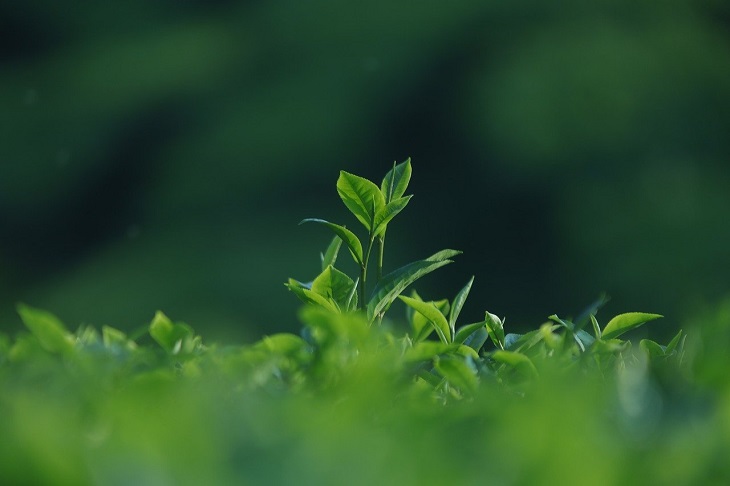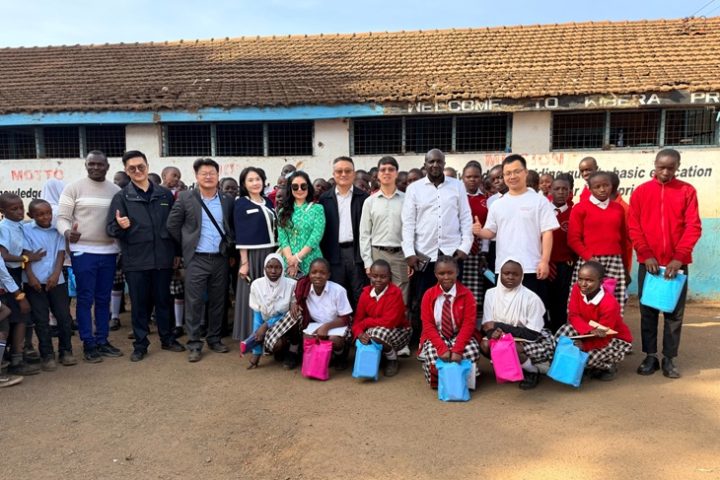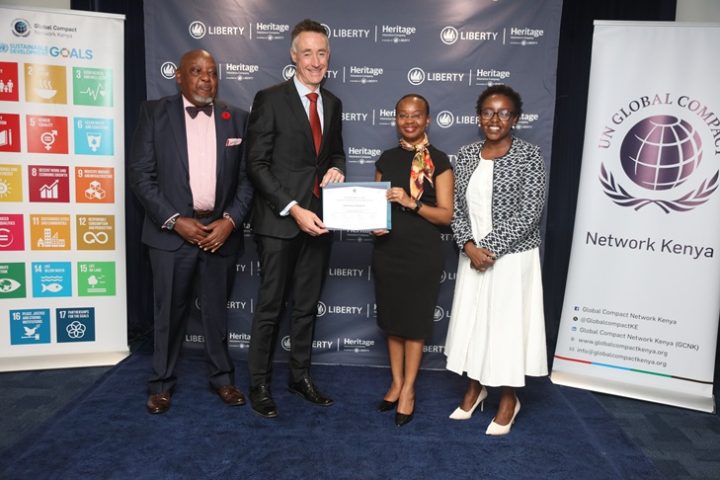On April 9, 2025, Agriculture Cabinet Secretary Mutahi Kagwe assembled tea stakeholders from the Rift to stop protests that had seen farmers in Motigo and Olenguruone boycott delivering harvested tea leaves to factories managed by the Kapkoros Tea Factory located in Bomet County.
At the meeting held in Kilimo House, Kagwe was joined by the ministry’s Principal Secretary Kipronoh Ronoh, officials from the Kenya Tea Development Agency (KTDA), the Tea Board of Kenya, Bomet Senator Hilary Sigei, and directors of Kapkoros Tea Factory and its satellite factories of Tirgaga, Motigo, and Olenguruone.
The farmers were adamant, they wanted to have the Motigo and Olenguruone tea factories separated from Kapkoros Tea Factory, a KTDA-affiliated factory. In the end, the farmers got their pound of flesh and pint of blood.
Earlier, farmers from Motigo and Olenguruone had on December 15, 2023, voted for separation of their accounts and financial autonomy from Kapkoros Tea Factory. An Annual General Meeting on December 12, 2024, and a Board Meeting on January 9, 2025, overwhelmingly reaffirmed these decisions.
The protests were a message to KTDA: We mean business. At the Kagwe-led meeting, it was decided that the separation would begin immediately.
Related Content: The Illegitimate Board At KTDA Will Only Cost Farmers Millions
Could this be the first sign of a wider breakup for KTDA, an organization representing 680,000 smallholder farmers, or is it merely an isolated incident? It is premature to conclude, but in this last part of the three-part series, we will look at the pros of having KTDA remain intact and the dangers that lie ahead.
Big is better.
In numbers, there is strength, which is self-evident in KTDA’s case. KTDA is a juggernaut; it has a network of 680,000 smallholder tea farmers, and it manages 71 tea factories (54 independent units and 17 satellite factories) across 21 counties. KTDA has the scale and power to leverage opportunities that directly benefit farmers.
For instance, KTDA is one of the largest buyers of fertilizers and therefore it benefits from economies of scale, the savings eventually trickle down to smallholder farmers. KTDA, through its subsidiary Chai Trading Company, provides tea trading, value addition, freight, warehousing, and logistics which would be a herculean and costly undertaking for a smaller factory or independent farmers.
Another subsidiary, KTDA Power, has implemented a sustainable model for internally generating power for factories. KTDA Power manages forests whose trees are used to power thermal generators, additionally, it manages various hydropower plants.
Again, because of scale, KTDA Power was able to marshal KES 5.5 billion in 2015 for developing hydropower plants, a feat that would be difficult for an independent tea factory.
Kenya Tea Packers (Ketepa), a subsidiary, processes teas and has a variety of brands that stock local and international shelves.
Other gains KTDA has made because of its size include being the largest shareholder in Family Bank.
KTDA Subsidiaries
- Kenya Tea Packers Limited
- Majani Insurance Brokers Limited
- Chai Trading Company Limited
- Tea Machinery and Engineering Co. Limited
- Greenland Fedha Limited
- KTDA Power Company Limited
- KTDA Management Services Limited
- KTDA Foundation
Related Content: The Darkest Tales Of KTDA: From Bonus To A Messy Coup
It is therefore no surprise that KTDA is a global case study on how small farmers can come together and benefit from scale, works, and it would be a loss to farmers.
But as we have stated in a previous article, any cash-rich farmer organization is always in the crosshairs of our leeching political class.
Why, for instance, have both the Uhuru Kenyatta administration and the current regime shown such keen interest in KTDA, expressing more concern than even its stakeholders? After all, KTDA is a private company.
While the political class wails more than the bereaved, in this case, the farmers they have often used the guise of protecting farmers to get their hands into the treasure trove at KTDA. Again, why did the government try and bully KTDA into using the SGR?
Another blatant example of an overreaching executive was when the Directorate of Criminal Investigations (DCI) took 971 title deeds belonging to the organization in 2021.
It should also not be lost on the current KTDA leadership that the government is radioactive; any dalliance will be fatal for the organization. The state’s history of interference in farmer organizations foreshadows the likely fate of KTDA.
In its golden days, Mbo-I-Kamiti was a formidable coffee farmer organization, owning swathes of land and buildings and accounting for 1.5% of Kenya’s coffee production. But political interference destroyed it.
The Moi regime meddled in the private organization’s business ostensibly to protect its members but only ended up destroying it.
Cooperatives and other organizations in the dairy, pyrethrum, cashew nuts, sugarcane, and Bixa sectors all fell once the government showed interest.
If KTDA is to survive, it should be solely run for the benefit of its smallholder farmers and one way to do this is to avoid being too cozy with the ruling elite that solely exists to leech off the honest sweat of others. KTDA Chairman Chege Kirundi must demonstrate commitment to the farmer and wean off the current bootlicking of state officials.
Related Content: Caught Between Two Collapsing Corundum Rocks: Internal Wars At KTDA And The COVID-19











